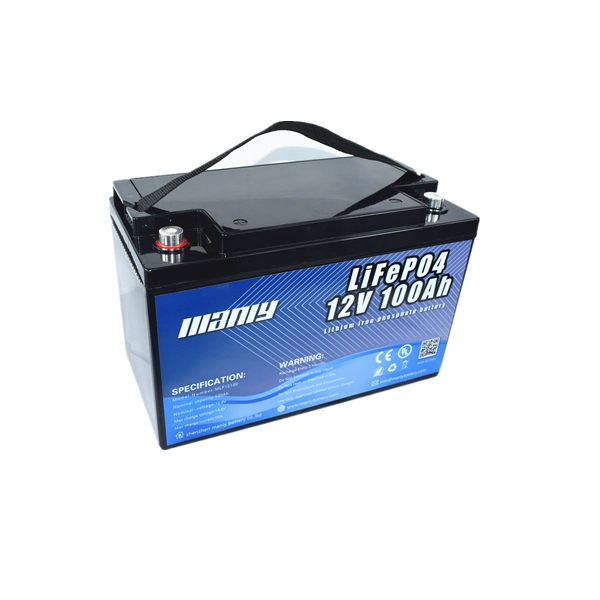Have you ever wondered how LiFePO4 batteries work? Are you curious about the advantages and disadvantages of using a 12v100ah LiFePO4 battery? In this comprehensive guide, we will unravel the mysteries surrounding these powerful energy storage devices. Get ready to dive into the world of LiFePO4 batteries and discover their brilliance!
What are LiFePO4 Batteries?
LiFePO4 batteries, also known as Lithium Iron Phosphate batteries, are a type of rechargeable battery that uses lithium iron phosphate as the cathode material. These batteries are known for their high energy density, long cycle life, and excellent thermal stability. They have gained popularity in various applications, including electric vehicles, solar energy storage systems, and portable electronics.
Advantages of LiFePO4 Batteries
LiFePO4 batteries offer several advantages over traditional lead-acid batteries and other lithium-ion batteries. Here are some key advantages:
- High Energy Density: LiFePO4 batteries have a higher energy density compared to lead-acid batteries, which means they can store more energy in a smaller and lighter package.
- Long Cycle Life: LiFePO4 batteries have an impressive cycle life, typically exceeding 2000 cycles. This means they can be charged and discharged thousands of times before their capacity significantly decreases.
- Enhanced Safety: LiFePO4 batteries are considered safer than other lithium-ion batteries due to their excellent thermal stability and lower risk of thermal runaway. They are less prone to overheating and are more resistant to short-circuiting.
- Fast Charging: LiFePO4 batteries can be charged at a higher rate compared to lead-acid batteries. They have a higher charging efficiency and shorter charging time, making them ideal for applications where quick charging is required.
Disadvantages of LiFePO4 Batteries
While LiFePO4 batteries offer numerous advantages, they also have some limitations. Here are a few disadvantages to consider:
- Higher Cost: LiFePO4 batteries are generally more expensive than lead-acid batteries and other lithium-ion batteries. However, the higher upfront cost is often justified by their long-term performance and reliability.
- Lower Energy Density than Other Lithium-ion Batteries: While LiFePO4 batteries have a higher energy density than lead-acid batteries, they have a lower energy density compared to other lithium-ion chemistries. This means they may not be suitable for applications that require extremely high energy density.
- Slightly Lower Voltage: LiFePO4 batteries have a nominal voltage of 3.2 volts per cell, which is slightly lower than the nominal voltage of other lithium-ion batteries. This may require some adjustments in certain applications.
Conclusion
LiFePO4 batteries are revolutionizing the energy storage industry with their exceptional performance and safety features. Whether you’re considering using them in your electric vehicle, solar energy system, or portable device, understanding their advantages and limitations is essential. With this guide, you are now equipped with the knowledge to make informed decisions about incorporating 12v100ah LiFePO4 batteries into your projects. Embrace the brilliance of LiFePO4 batteries and unlock a world of endless possibilities!
